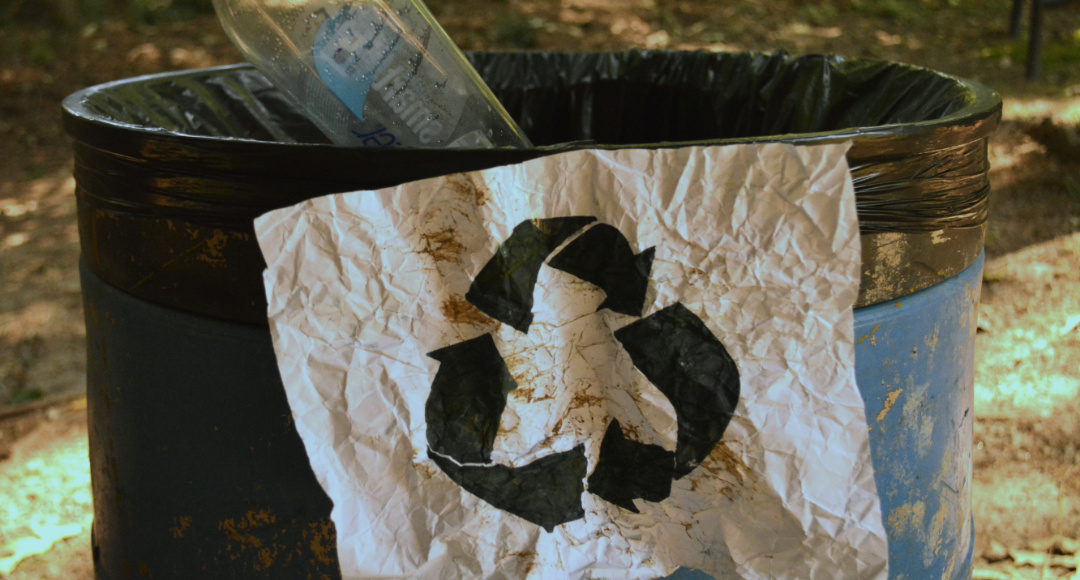Zero waste zero regret
Plastic consumers often overlook recycling, ignorant of the proceeding effects.
September 20, 2017
Zero waste serves as a concept and a lifestyle adopted by ecologically minded individuals that aims towards a more sustainable planet. Individuals strive to utilize Earth’s natural processes and repurpose objects to reduce plastic waste that would otherwise end up in landfills.
“Use it up, wear it out, make do and do without,” environmental science teacher Susan Aughey said about recycling different objects.
Zero waste relates to the principles of minimalism, cutting down waste and reducing participation in the commercialistic promotion of disposable products.
Raw ethylene, used to produce plastic packaging, needs extremely low and high temperatures, and the burning of plastic calls upon the use of non-reusable resources such as crude oil and natural gas. Conserving and utilizing non-reusable resources for electricity instead of using them for plastic production can increase sustainability.
In the larger scale of global issues, plastic seems unimportant due to the false philosophy that one individual act or person cannot make a difference. Most people simply discard plastic waste without further consideration.
However, the small percentage of consumers who do recycle become blind with pride, ignoring the issues that follow the recycling process. The advertisement of plastic recycling fails to mention the toxic emissions released into the environment. A large percentage of recycling plastic cannot occur due to the release of dangerous emissions, shrinking the possibility for reusing recycled plastic.
Consumption of disposable products not only affects the environment, but rather it impacts the consumer. The ideals of disposability presents a facilitated lifestyle and provides a more affordable alternative to higher quality products. Less fortunate foreign consumers seem almost forced to contribute to their death, often living near recycling plants and lacking economic capacity to relocate to a healthier home. The toxic chemicals in the environment cause cancer, some carcinogens even to the extremities of “Cancer Alley.” Cancer Alley: A stretch of land along the Mississippi river home to numerous industrial plants that release dangerous emissions and exponentially gives inhabitants cancer.
Recycling plants incinerate the plastic product after the shredding and cleaning process, releasing hazardous emissions into the environment. Small pellets result from the recycling of plastic, which most companies later reject.
Zero waste living introduces a newfound health motivation, reducing the opportunity for consumption of processed foods. The lifestyle requires self preparation of otherwise packaged foods, promoting the use of healthier ingredients, as well as customization of recipes.
Practicing zero waste accommodates to individual economic boundaries while simultaneously caring for the environment. Bulk shopping allows the customer to purchase only necessary products, cutting down food waste and saving money. In fact, avoiding packaging also saves a couple of pennies.
The ignorance obtained by the toxic ideal of disposability shows through in today’s society. People focus on false health and fabricated “good,” ignoring the following global consequences including global warming, large landfill contribution, and cancerous emissions. Zero waste reduces one’s individual carbon footprint, and increases sustainability.
“We as humans are known to be very wasteful. There are lots of us and we are producing too much waste on the planet. It is very difficult to dispose of waste and break it down, a lot of it becomes hazardous materials. The end. So if you use recycled or biodegradable materials, you are making this world a better place,” Aughey said.







